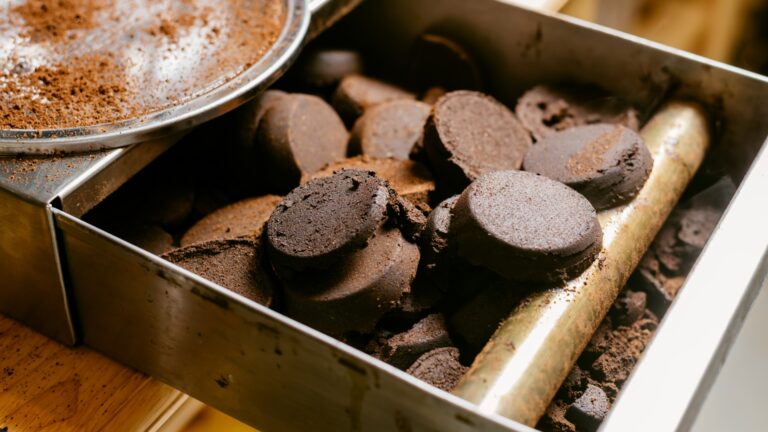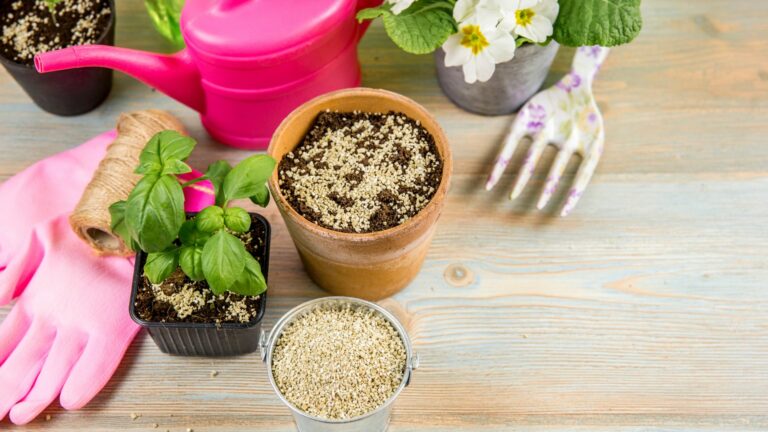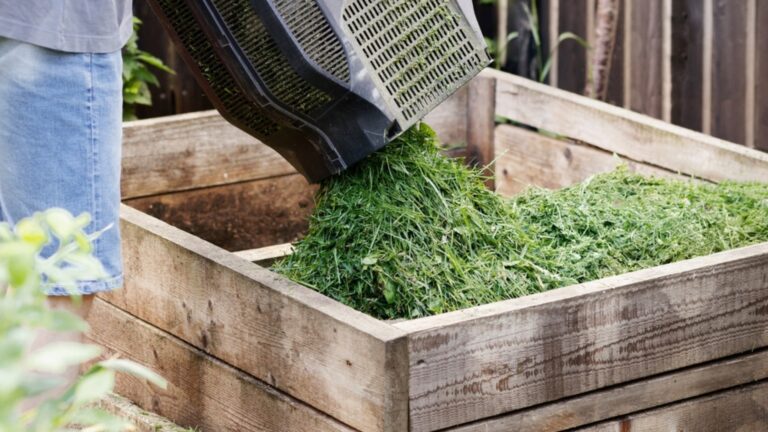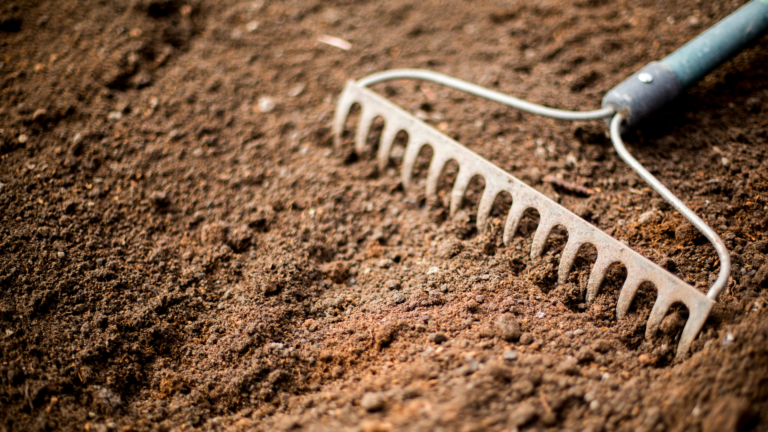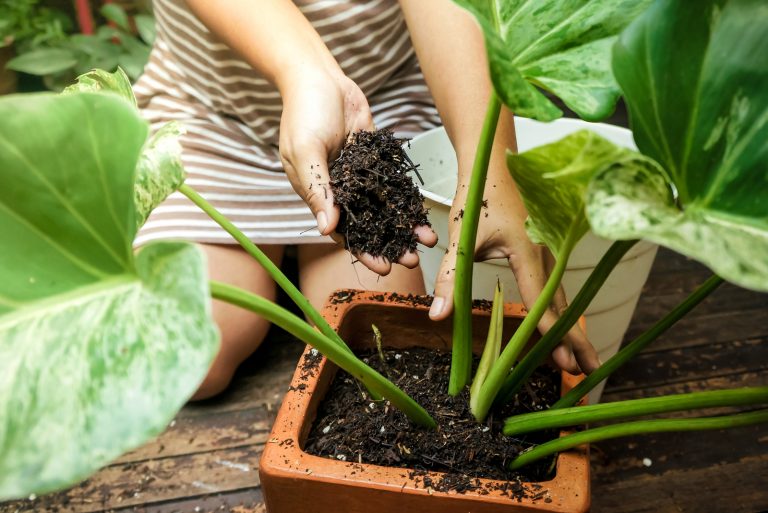18 Clever Plants That Boost Nitrogen In The Soil And Help Your Veggie Garden Thrive
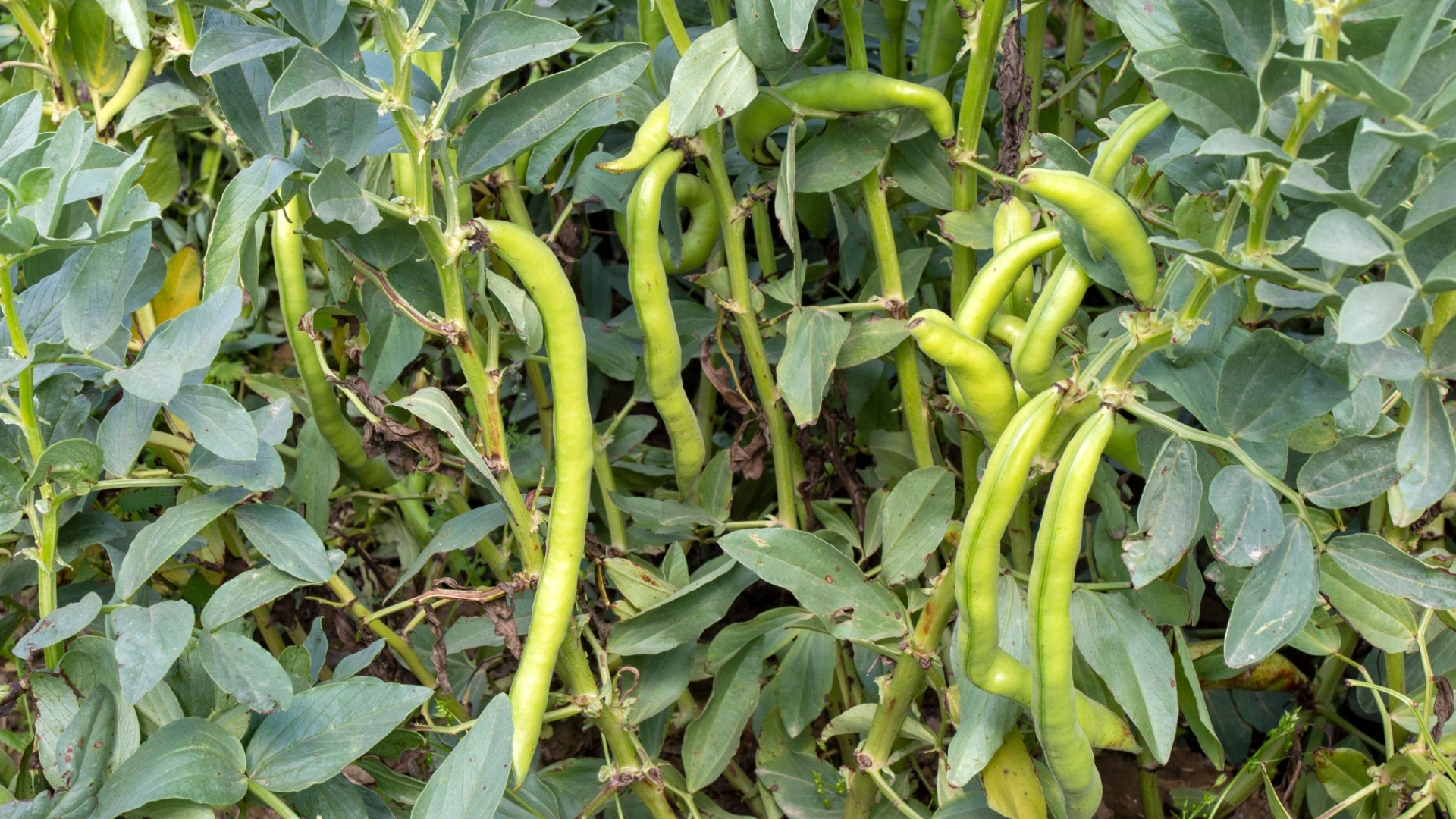
“Why won’t my veggies thrive?” If I had a dime for every time I asked that, I’d be swimming in greenhouses by now!
Turns out, the culprit wasn’t my green thumb—it was the soil crying out for nitrogen. Nitrogen is the magic fuel for plant growth. Without it, your garden’s running on fumes.
But here’s the silver lining: some plants pull double duty—growing strong up top while feeding the soil below. Let’s dig into the garden’s secret superstars!
1. Clover

Everybody, meet the clover, a humble yet powerful nitrogen-fixing plant that thrives in a variety of conditions.
Its roots have special nodules that host bacteria which capture nitrogen from the air and deposit it in the soil, enriching the earth naturally.
Besides boosting nitrogen, clover is also an excellent lawn ground cover, helping to suppress weeds and retain moisture in the soil. I paired it with my tomatoes and carrots and they seem to enjoy it!
Clover requires well-drained, slightly acidic soil and needs a moderate amount of sunlight. Look, it’s low-maintenance, but make sure to mow it down every so often to prevent it from overtaking your garden.
2. Beans
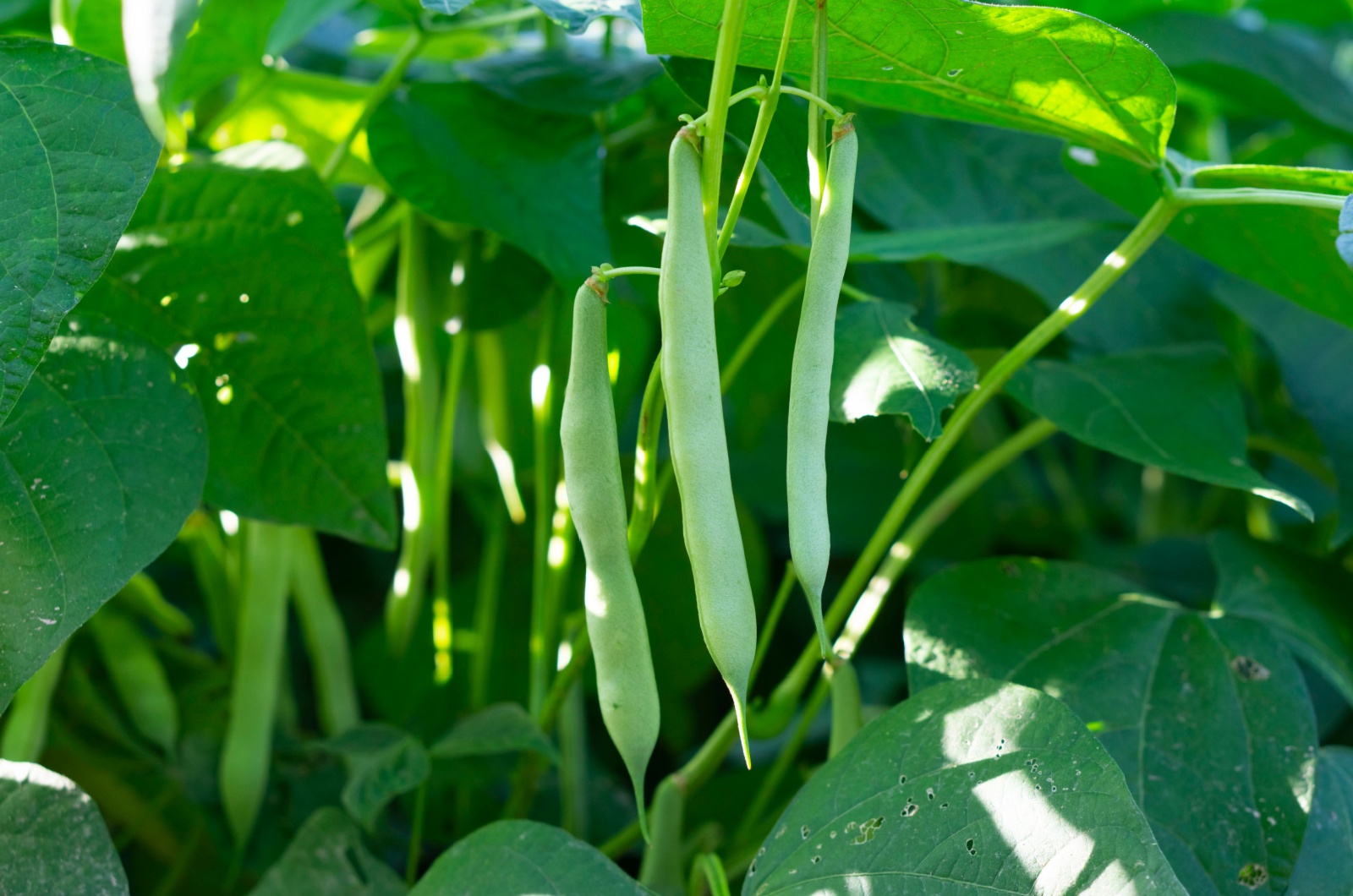
What can I say, beans are a gardening staple that offers multiple benefits. I guess their ability to fix nitrogen in the soil is the most notable.
These leguminous plants have a symbiotic relationship with nitrogen-fixing bacteria in their root nodules, making them a great companion for leafy greens like lettuce or spinach.
Make sure to provide them with support like trellises if you’re growing climbing varieties, and water them regularly, especially when the pods begin to form.
3. Peas
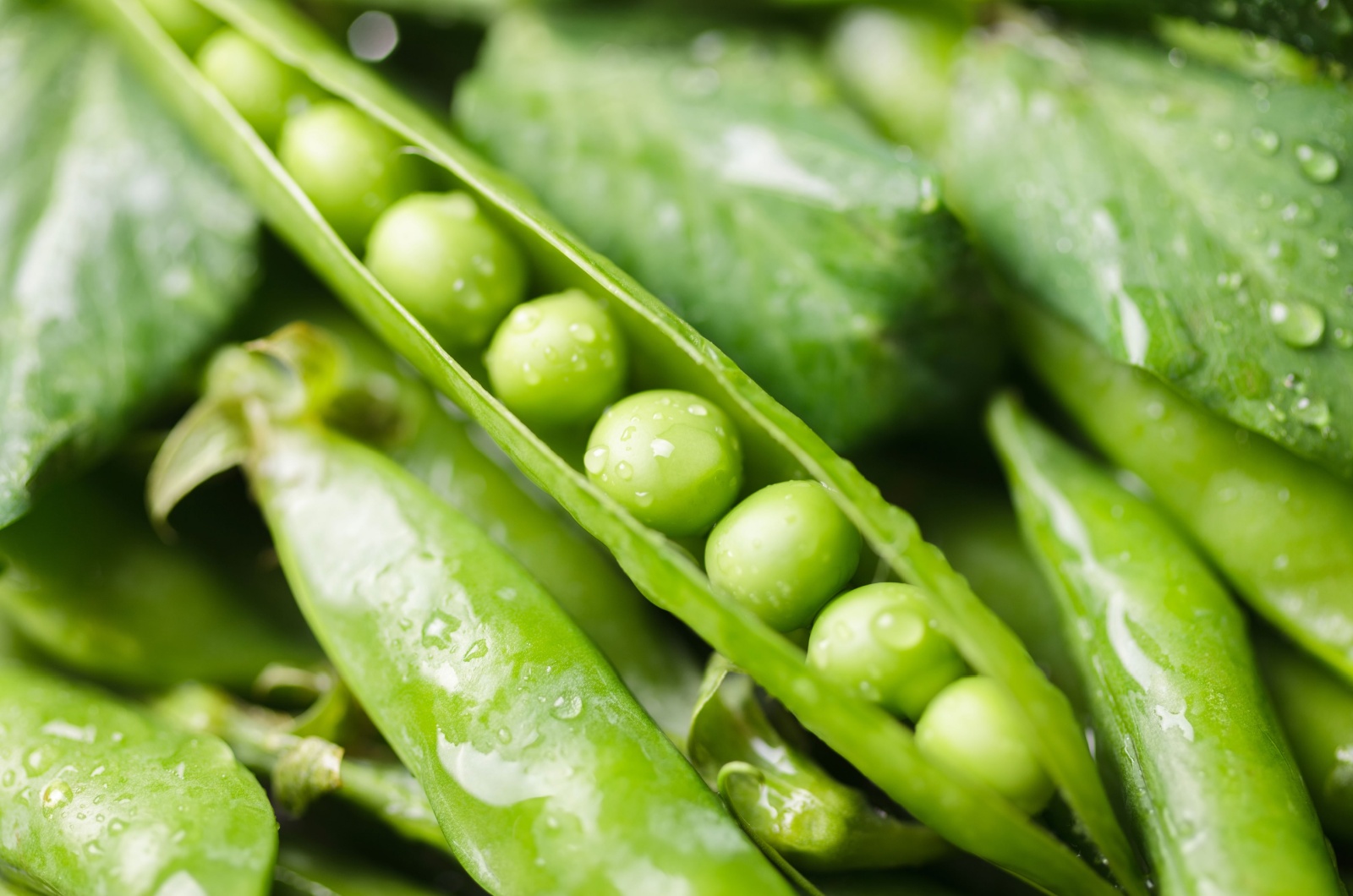
Peas are another legume that enriches your soil with nitrogen while offering a sweet, crisp harvest.
Their compact growth habit makes them ideal for small gardens, and they also enhance the soil’s fertility by adding valuable nitrogen as they grow.
I recommend pairing your peas with root vegetables such as carrots or onions to take full advantage of their soil benefits.
Ensure they have well-drained soil and provide them with some form of support, like a small trellis or mesh, to help them grow upright.
4. Alfalfa
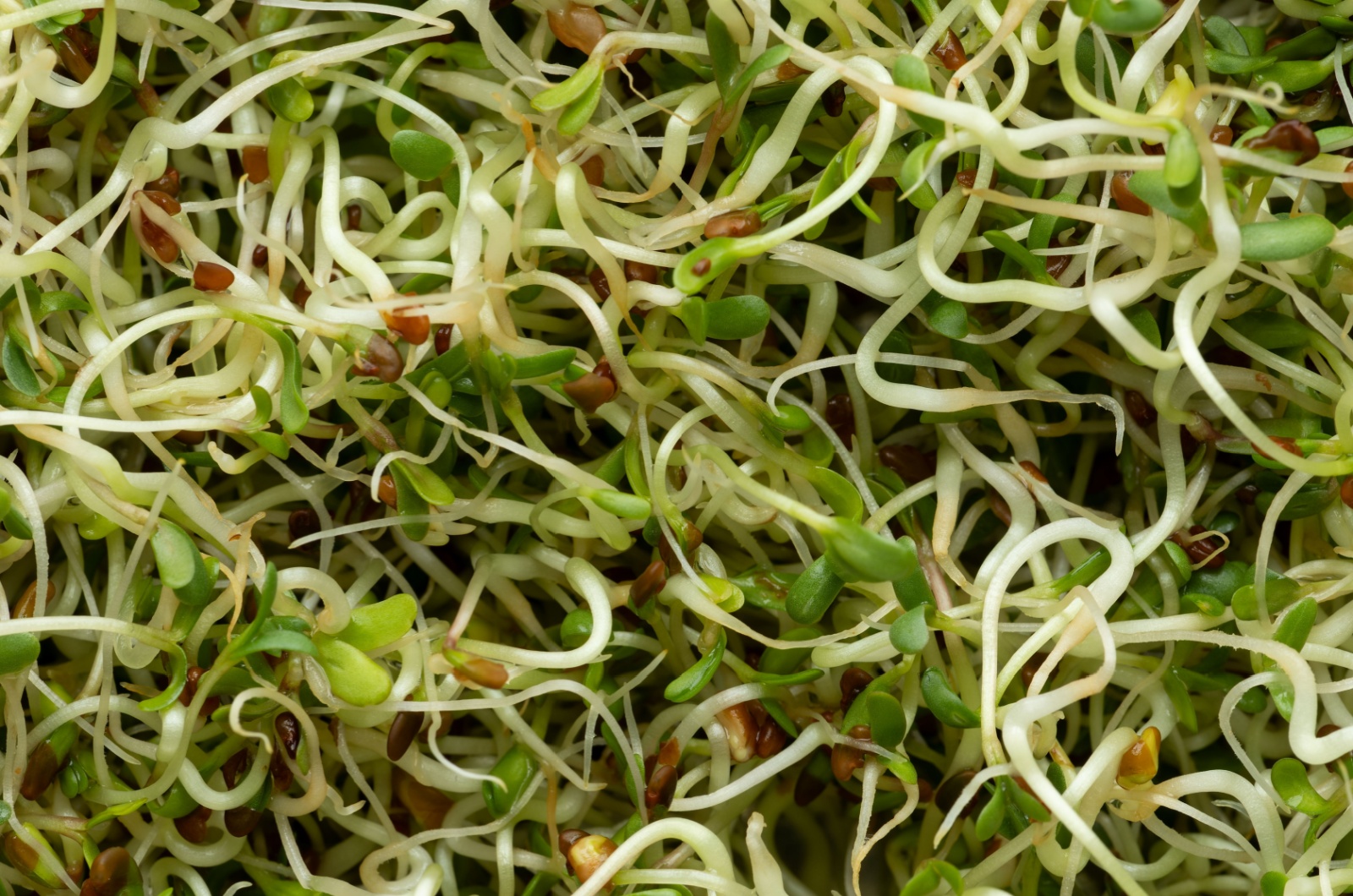
Oh, legume again! Yes, these plants do wonders for our garden soil! Alfalfa is a hardy, deep-rooted legume that not only improves soil nitrogen levels but also helps with soil aeration.
It’s well-known for its high nutritional value as forage and it also contributes to the overall health of your garden by bringing up trace minerals from deep within the soil.
Alfalfa works best if planted next to cabbage or kale for improved soil fertility and pest control.
Remember that this legume is drought-tolerant but will benefit from regular watering during hot spells. And one more thing, be patient, as alfalfa can take a while to establish.
5. Lupines
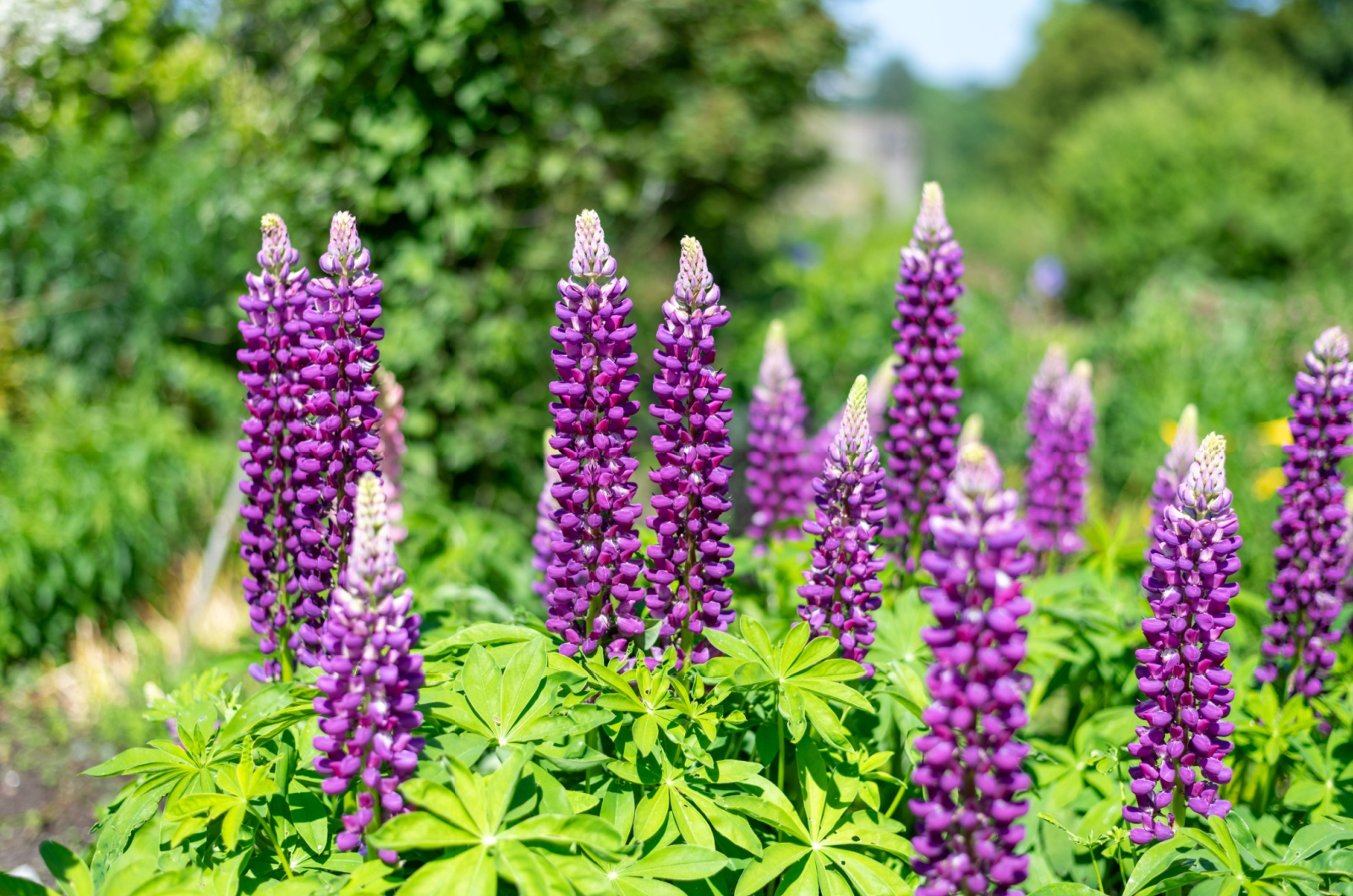
We’ll all agree that lupines are beautiful, but did you know that they can enrich soil with nitrogen?
These perennial flowers form deep root systems that help break up compacted soil while fixing nitrogen. Lupines are great to pair with potatoes or peppers, as they help replenish the soil after heavy feeders have taken their toll.
They prefer slightly acidic, well-drained soil and will thrive and bloom profusely if exposed to full sun.
6. Vetch
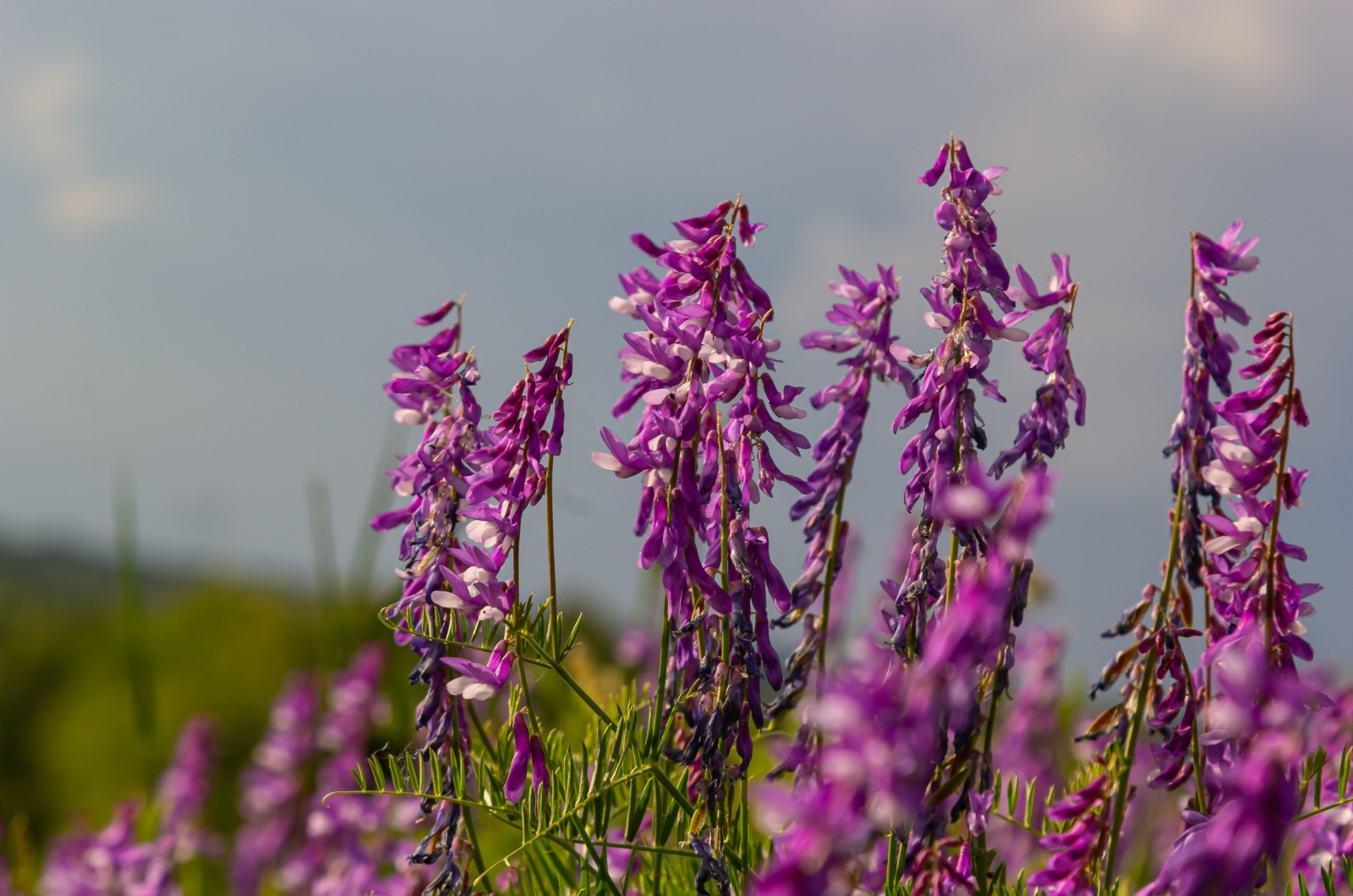
Vetch is an excellent nitrogen-fixing plant that serves as a fantastic ground cover. Whether you’re growing it as a cover crop or using it alongside other plants, vetch helps improve soil structure while adding valuable nutrients.
I’m sure you already know that broccoli and cabbage are nitrogen addicts, and they’ll benefit greatly if vetch is planted next to them.
Make sure you plant your vetch in full sun and keep the soil moderately moist. You’ll need to water it consistently during dry spells to promote healthy growth.
7. Soybeans
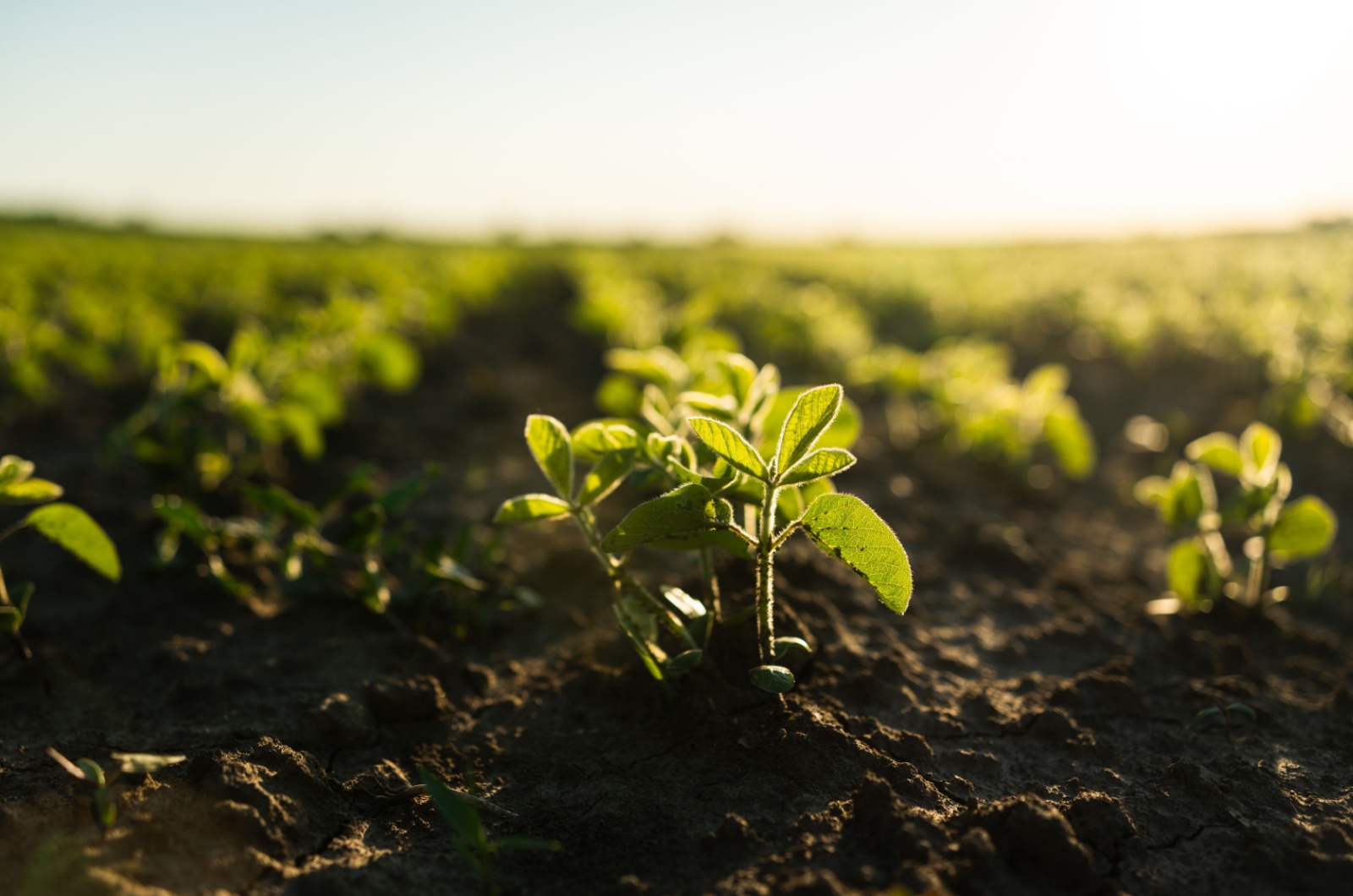
We all love soybeans for the amount of protein they have, but our veggies will love them too! They’re incredible at fixing nitrogen in your garden’s soil.
The deep root systems bring nitrogen and other nutrients to the surface, enriching your soil and providing a nutrient boost for other plants. I planted them next to my corn and squash and the results are fantastic!
Just make sure to plant soybeans in full sun, and water regularly, especially when flowering and pod development occur.
8. Fava Beans
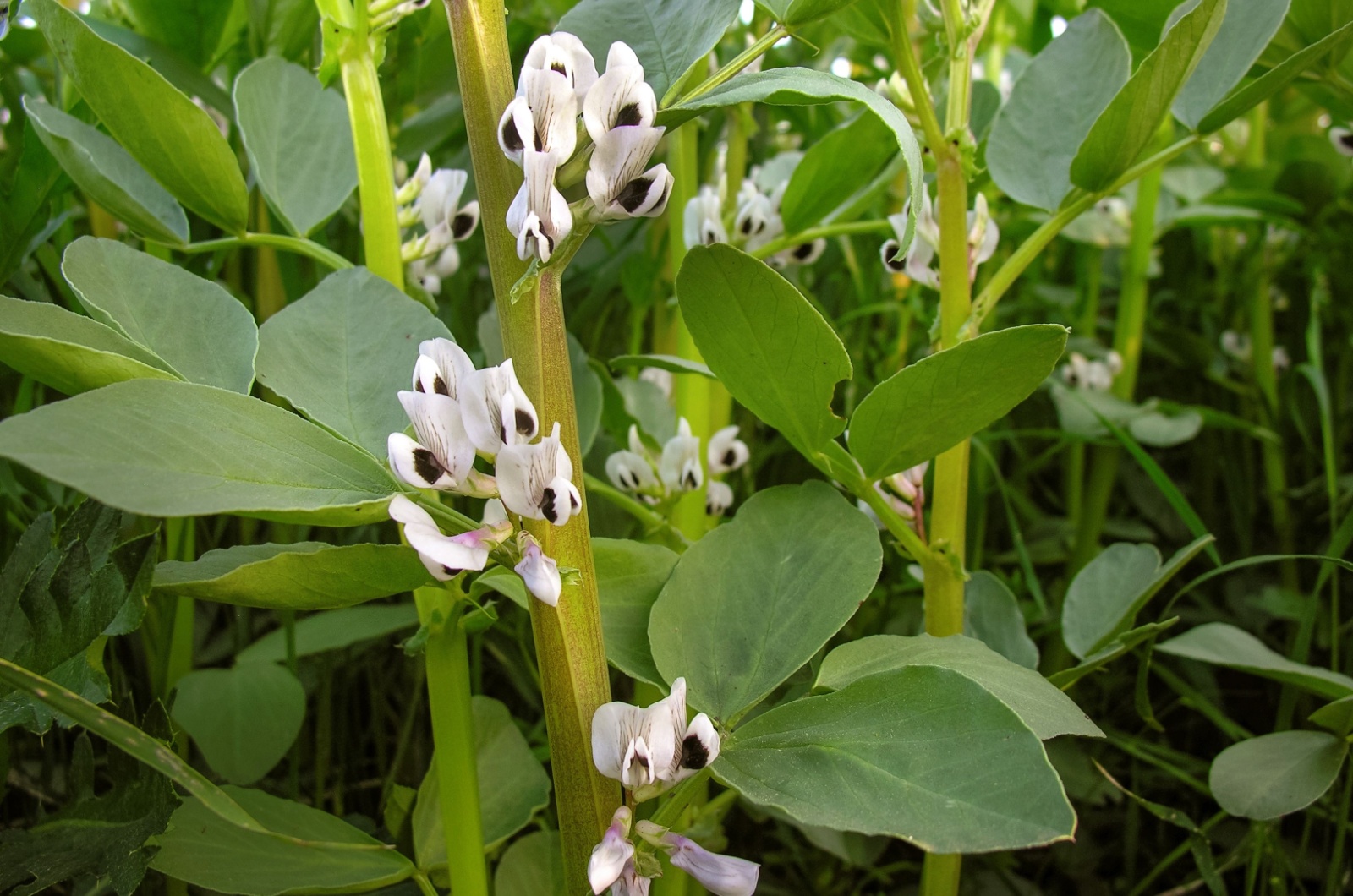
Fava beans have been a staple crop for centuries, known for both their culinary uses and soil benefits.
Their roots are highly efficient at fixing nitrogen, improving soil fertility for subsequent crops. These incredible plants thrive when paired with carrots or beets, as they help enhance the growth of root vegetables.
Fava beans require well-drained soil and moderate moisture, but avoid overwatering because root rot can quickly take hold if conditions get too soggy!
9. Chickpeas
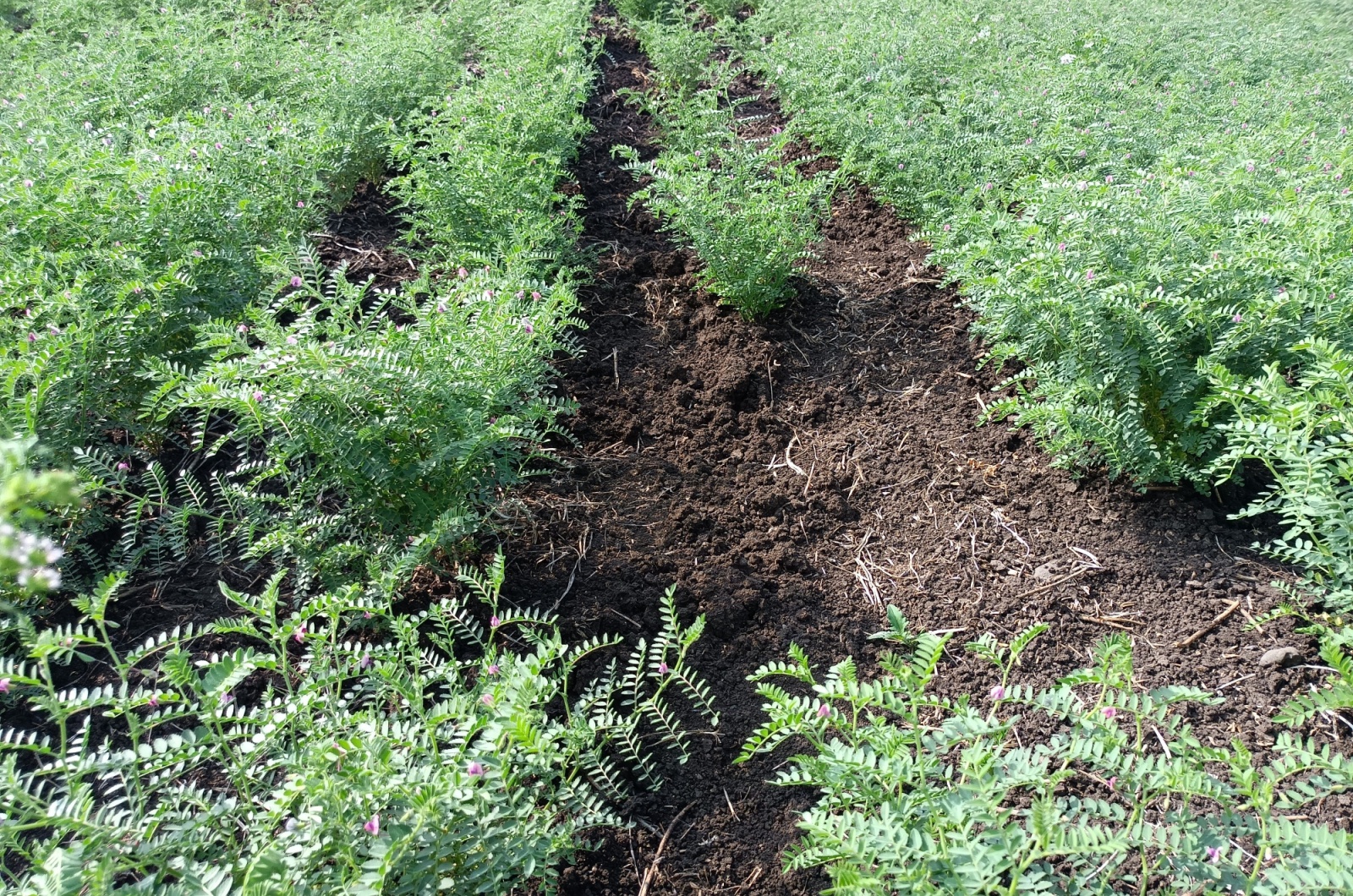
Well, chickpeas taste amazing but they’ll also fix nitrogen in your soil, so I guess there’s no reason not to grow them.
Their deep taproots help bring nutrients from the soil, and the nitrogen-fixing bacteria in their roots work to enrich the soil for future crops.
Chickpeas are a great companion for vegetables like spinach, kale, and carrots, as they help improve soil structure and fertility. Plus, you get the bonus of a delicious, protein-packed harvest that can be used in a variety of dishes.
10. Cress
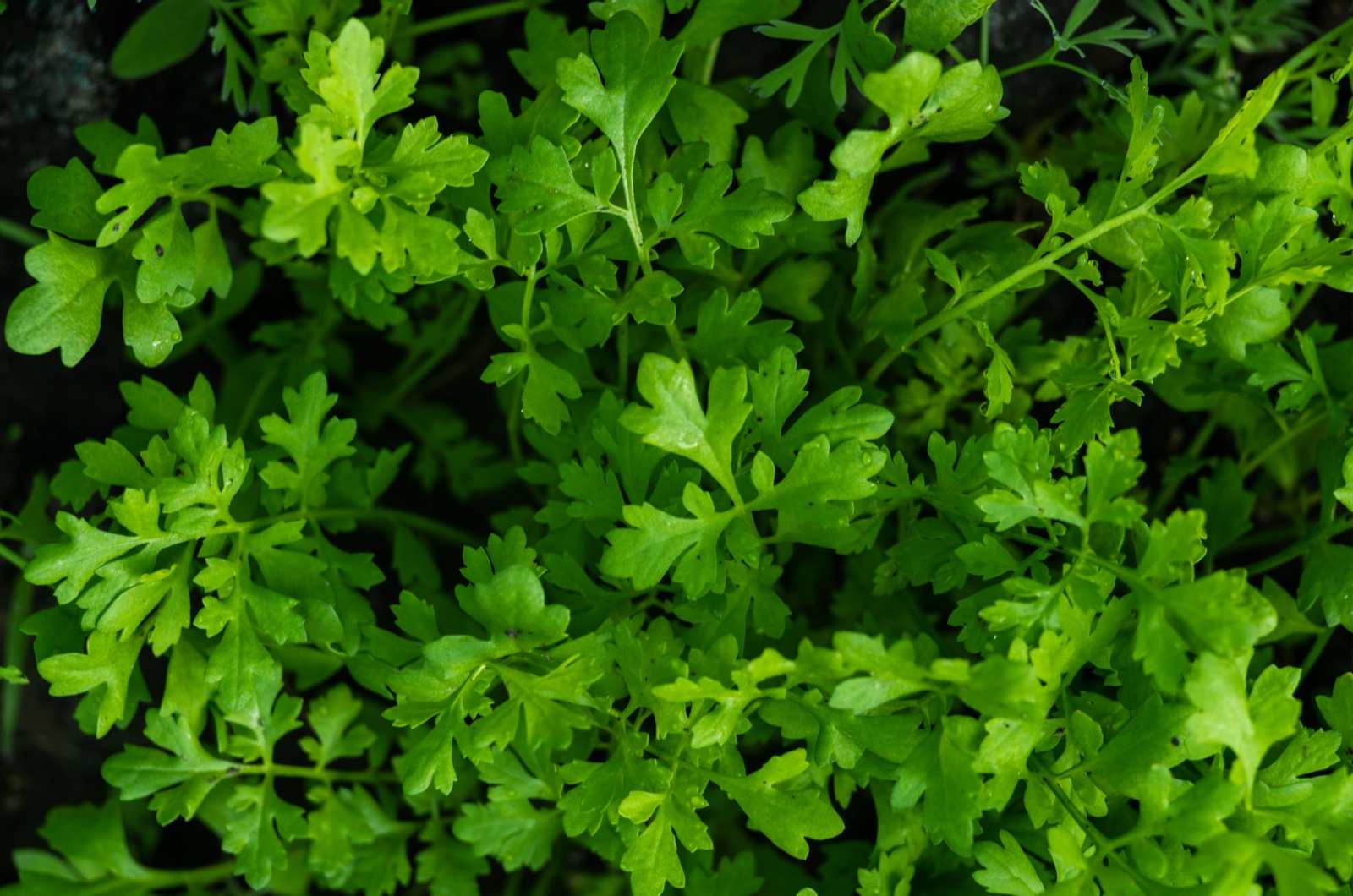
Cress may be small, but its ability to boost nitrogen in the soil is mighty. This fast-growing herb is known for fixing nitrogen in its roots, and it does wonders as a quick cover crop.
While it’s often grown for its spicy leaves, cress also has the benefit of enriching your garden’s soil. Pair it with leafy greens like lettuce or arugula, as cress helps improve their growth by adding valuable nutrients to the soil.
Cress thrives in cool, moist conditions, so it’s perfect for early spring or fall gardens.
11. Comfrey
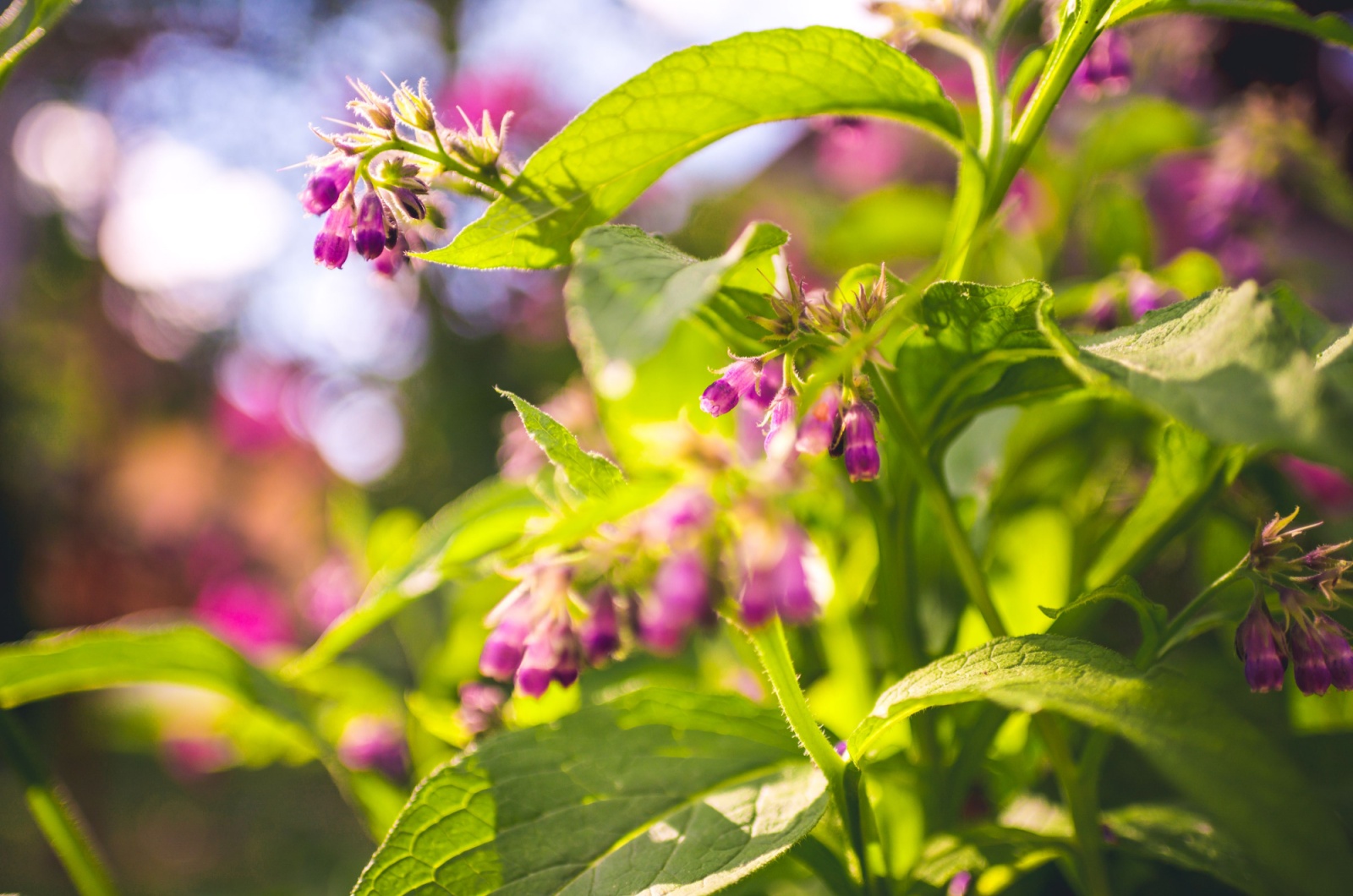
Everyone loves comfrey! It’s great for the soil and has various medicinal properties. This plant has deep, nutrient-hungry roots that draw up minerals from the soil, while its ability to fix nitrogen boosts soil fertility.
Comfrey is a fantastic companion for heavy feeders like tomatoes, peppers, and cabbage. In addition to being a soil booster, comfrey can be used to make compost tea or poultices for various ailments.
It’s a low-maintenance plant but you’ll need to cut it back from time to time to encourage new growth. Just be careful if you’re using it as a mulch, as its leaves can be a bit prickly.
12. Fenugreek
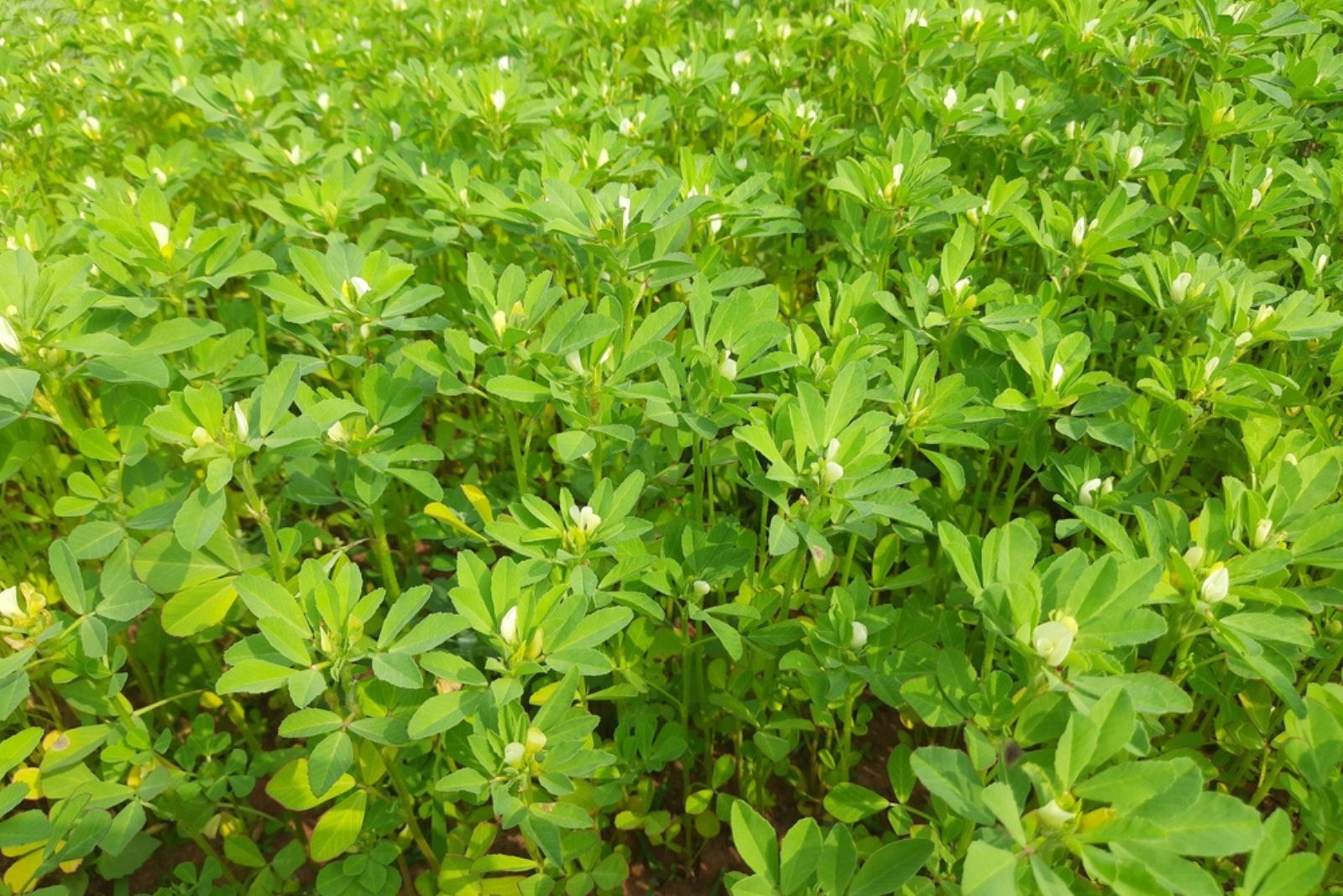
A lesser-known but highly effective nitrogen-fixing plant, fenugreek grows quickly and is easy to manage.
It’s often used as a green manure crop, meaning it can be tilled into the soil after a short growing period to add organic matter and nitrogen back into the earth.
Plus, if left to flower, fenugreek attracts beneficial pollinators.
13. Indigofera
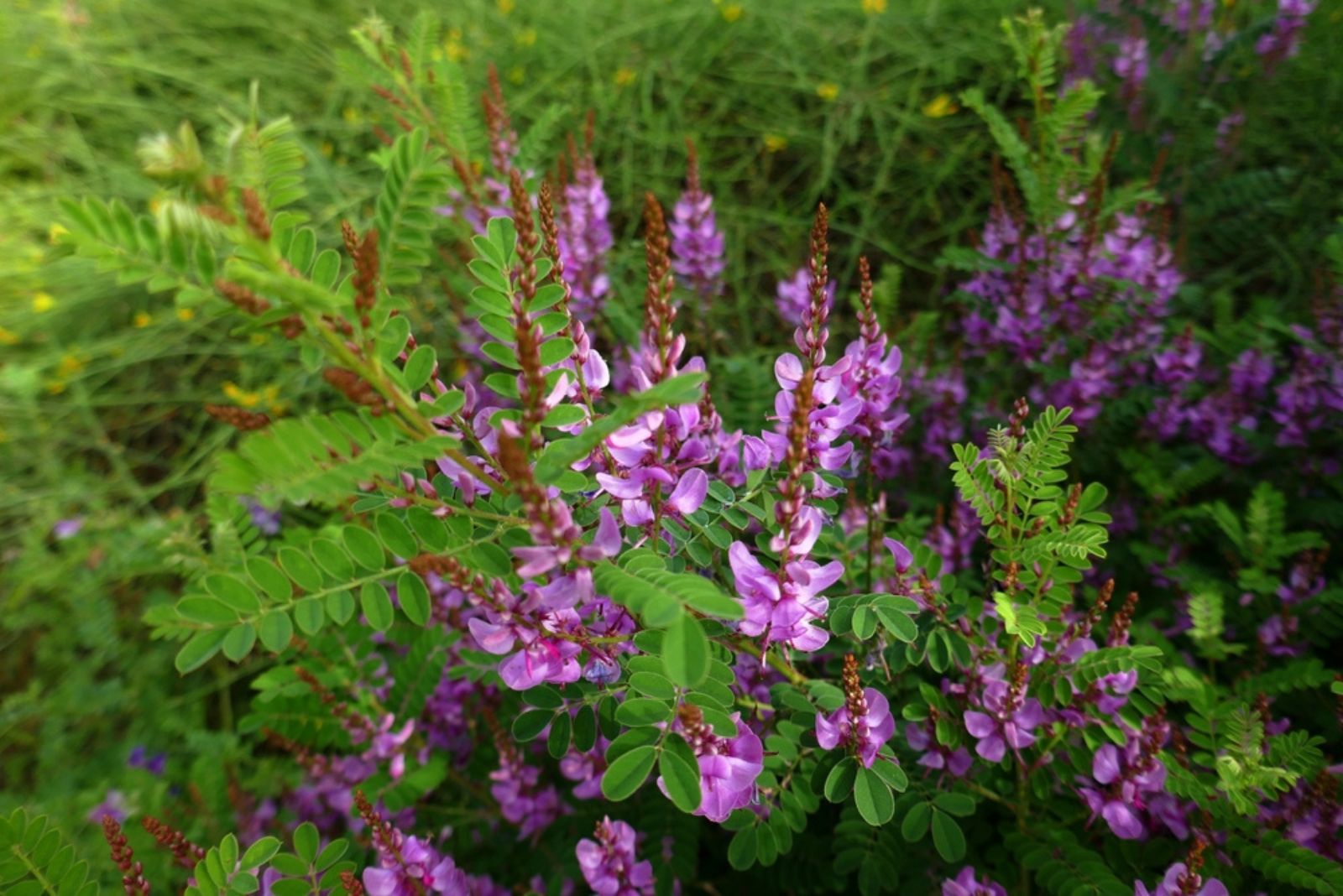
Indigofera plants are a lesser-known nitrogen fixer, often used in permaculture systems for soil regeneration.
While some species are used for natural dye production, others are excellent at replenishing nitrogen in depleted soil.
They make an excellent companion plant for fruit and vegetable gardens, ensuring long-term soil health.
14. Sesbania
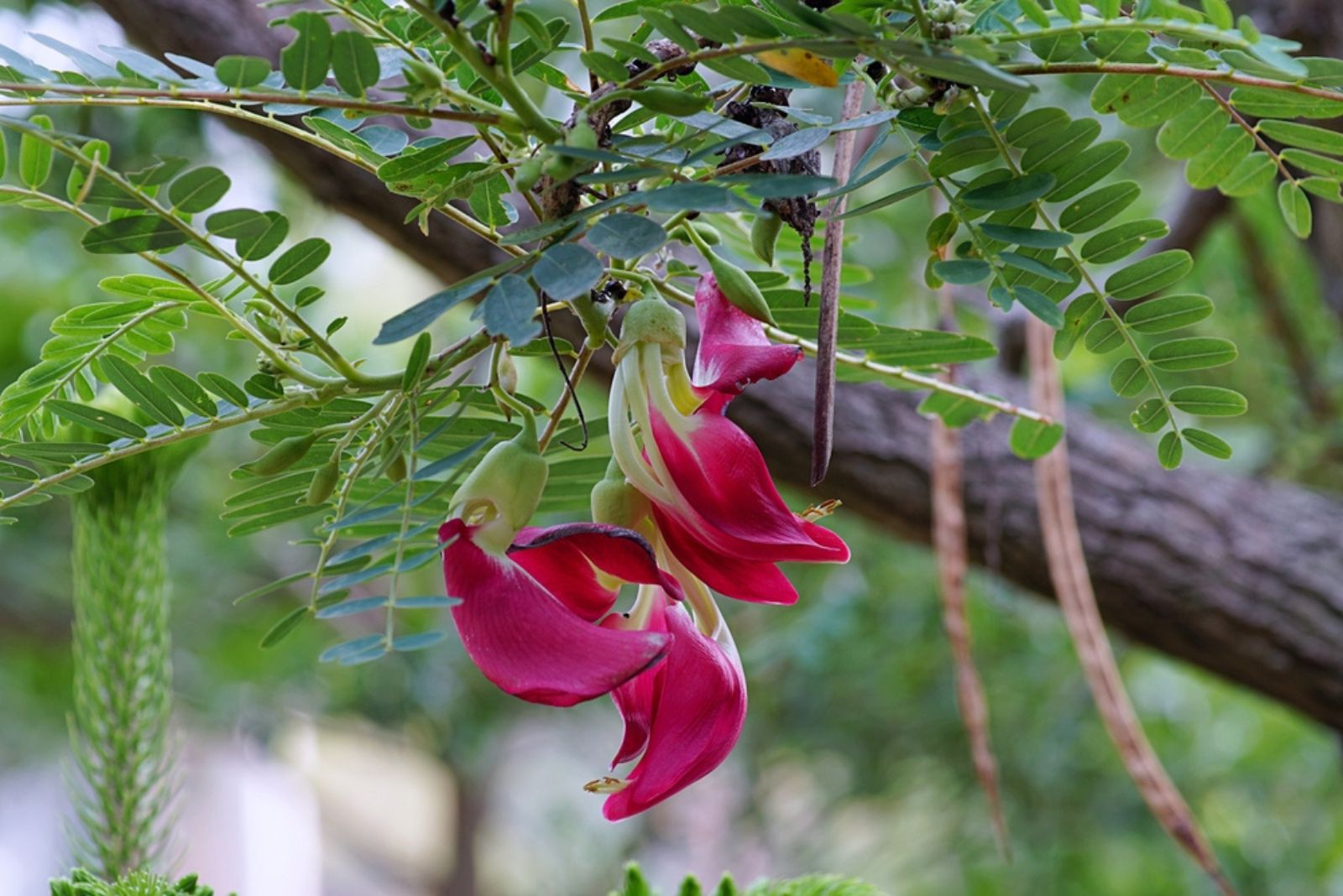
Sesbania is a fast-growing legume that thrives in poor soil conditions, making it an excellent choice for nitrogen enrichment.
It is commonly used as a green manure crop, growing rapidly and fixing large amounts of nitrogen in the soil. Sesbania can be cut and tilled into the soil before planting vegetables, ensuring nutrient-rich earth for future crops.
Its ability to thrive in waterlogged areas also makes it valuable for improving drainage and soil structure.
Remember gardeners, a healthy garden starts with healthy soil! Let these nitrogen-fixing plants be your secret weapon to success!
15. Hairy Vetch
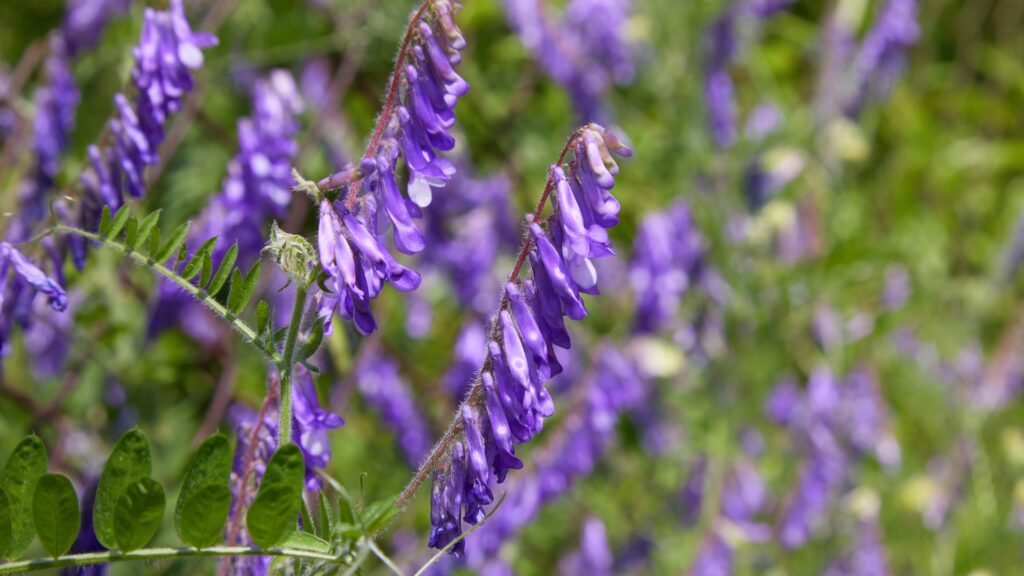
This cold-hardy legume is a garden favorite for winter cover cropping, and it brings a powerful punch of nitrogen to the soil.
Hairy vetch forms dense mats of foliage that not only fix nitrogen through root nodules but also suppress weeds and protect soil from erosion. It’s perfect for prepping your beds before spring planting!
I like pairing it with corn and squash—heavy feeders that really benefit from the nitrogen boost hairy vetch provides. Just chop it down before flowering and mix it into the soil for maximum benefits. It thrives in full sun and well-drained soil, and it’ll keep your garden fertile year after year.
16. Cowpeas
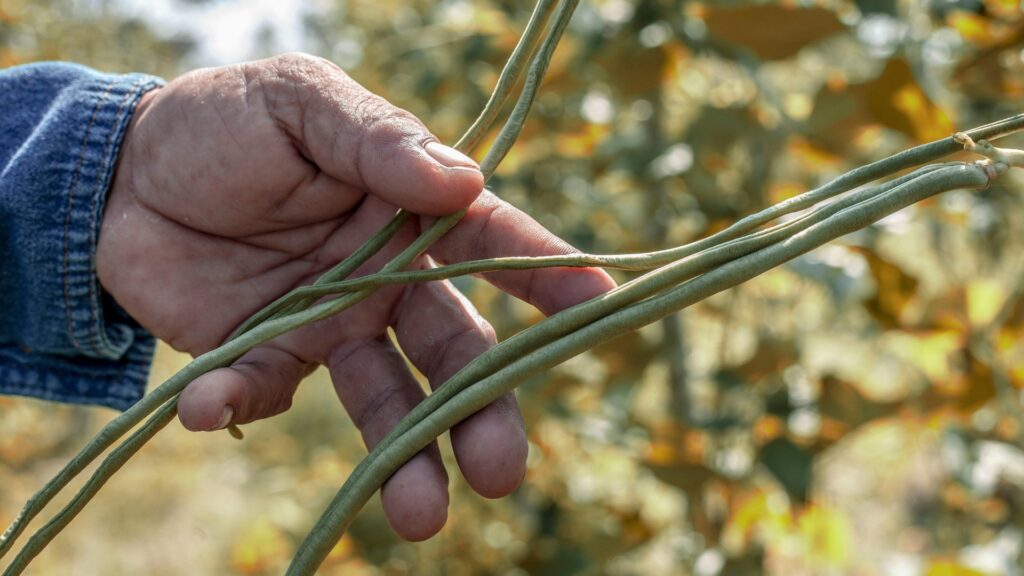
Also known as black-eyed peas, cowpeas are another fantastic legume that boosts nitrogen in your garden soil while offering a tasty harvest.
They’re drought-tolerant and great for hot climates, making them ideal for summer planting. Their nitrogen-fixing properties enhance soil fertility, especially when grown before or alongside crops like cucumbers and melons.
Cowpeas require full sun and well-draining soil, and they don’t ask for much once established. I’ve found them super easy to grow, and they leave the soil in much better shape than they found it—what’s not to love?
17. Groundnuts
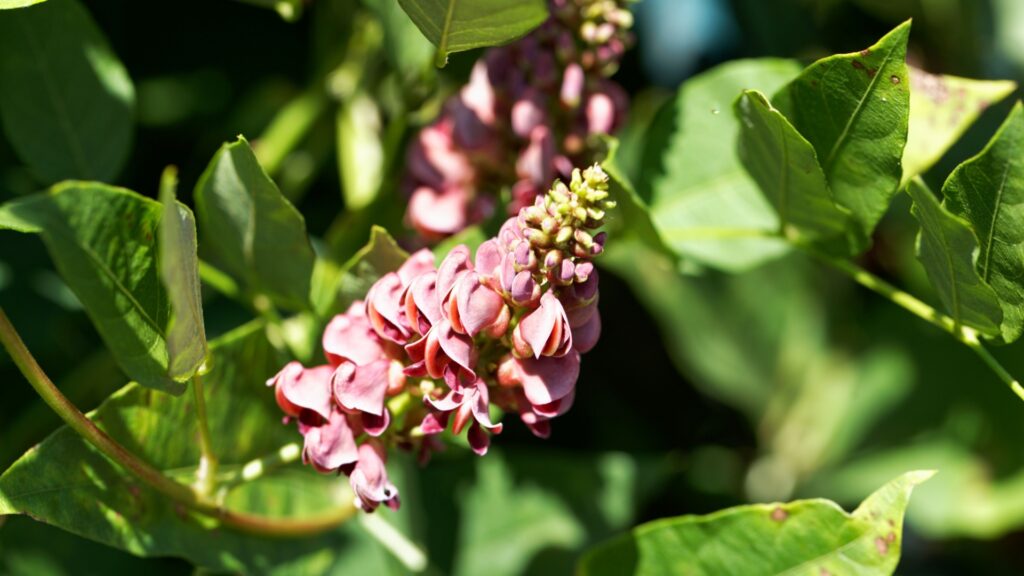
Here’s one you might not have thought of—groundnuts! Also known as Apios americana, these perennial legumes are native to North America and do a stellar job of fixing nitrogen in the soil.
Their vining habit makes them ideal for trellises or as a living mulch under taller plants like corn. They develop tubers that are both edible and nutritious, while their roots support nitrogen-fixing bacteria that enhance soil fertility naturally.
Groundnuts prefer moist, well-drained soil and partial shade, though they can adapt to sunnier spots with consistent watering. Pair them with shallow-rooted plants like lettuce or herbs for a dynamic duo of soil support and harvest bounty!
18. Mung Beans
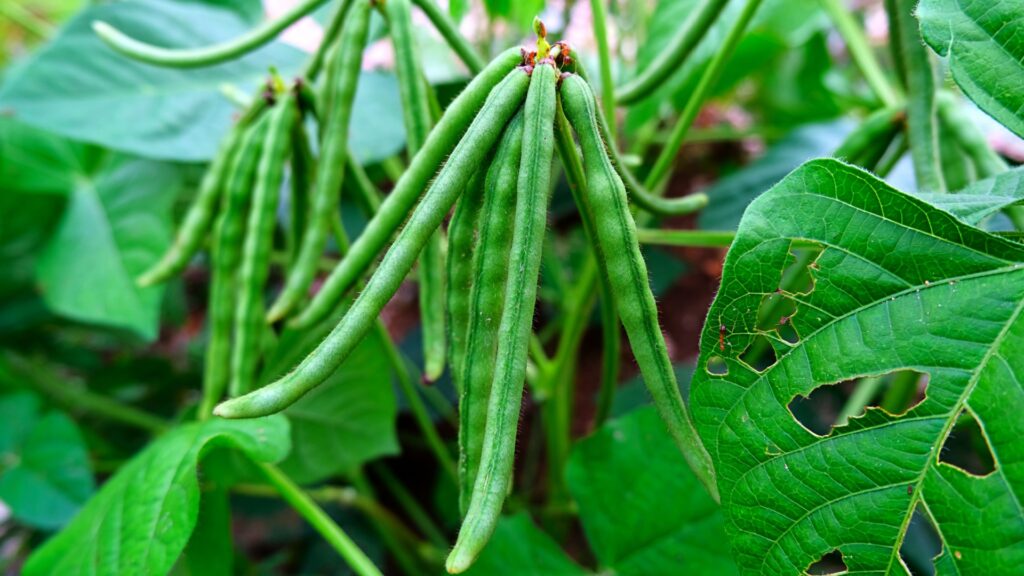
Don’t underestimate mung beans—they’re quick growers with powerful nitrogen-boosting abilities. These legumes work with soil bacteria to lock nitrogen into your garden beds, making them perfect for crop rotation and soil rejuvenation.
I’ve had great success growing mung beans alongside cucumbers and eggplants—they seem to perk up thanks to the extra nutrients. Bonus: mung beans are packed with protein and sprout easily, giving you an edible crop in just a few weeks!
They thrive in full sun and well-drained soil, and require regular watering during dry spells. Whether used as a cover crop or harvested for food, mung beans are a smart, soil-loving addition to any veggie garden.

